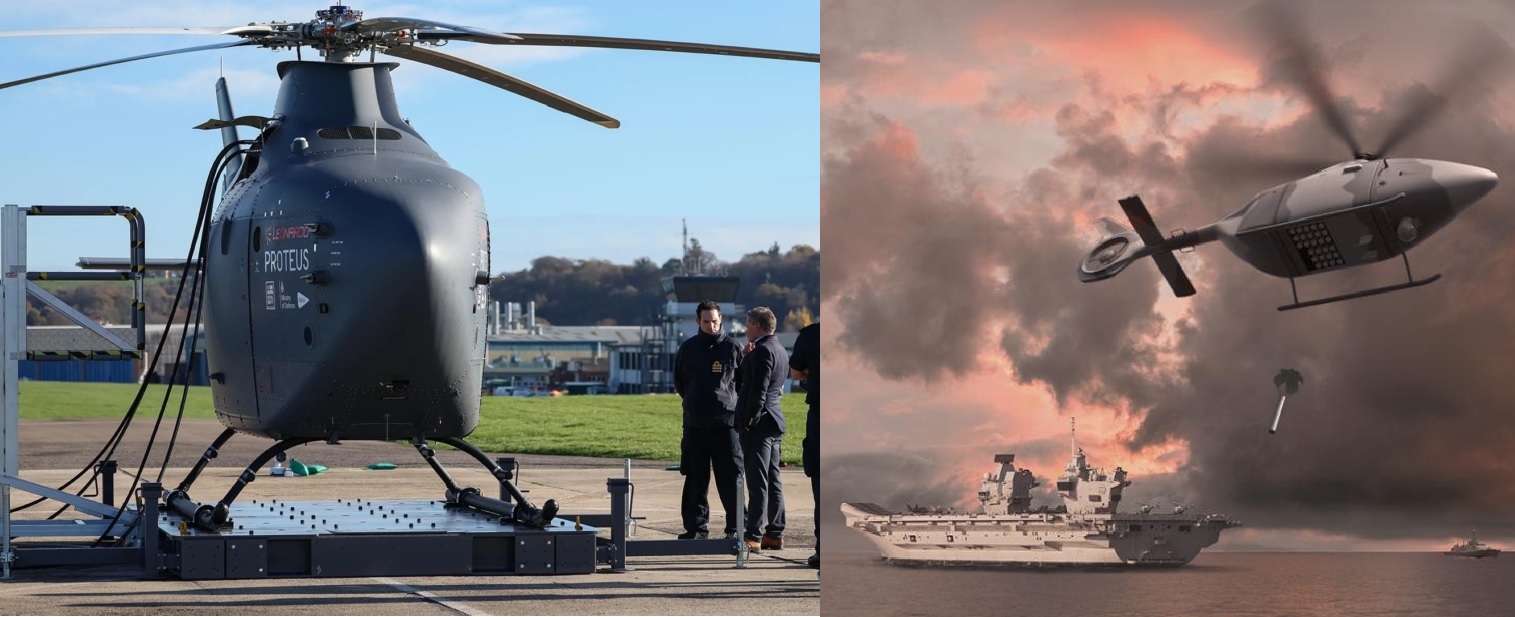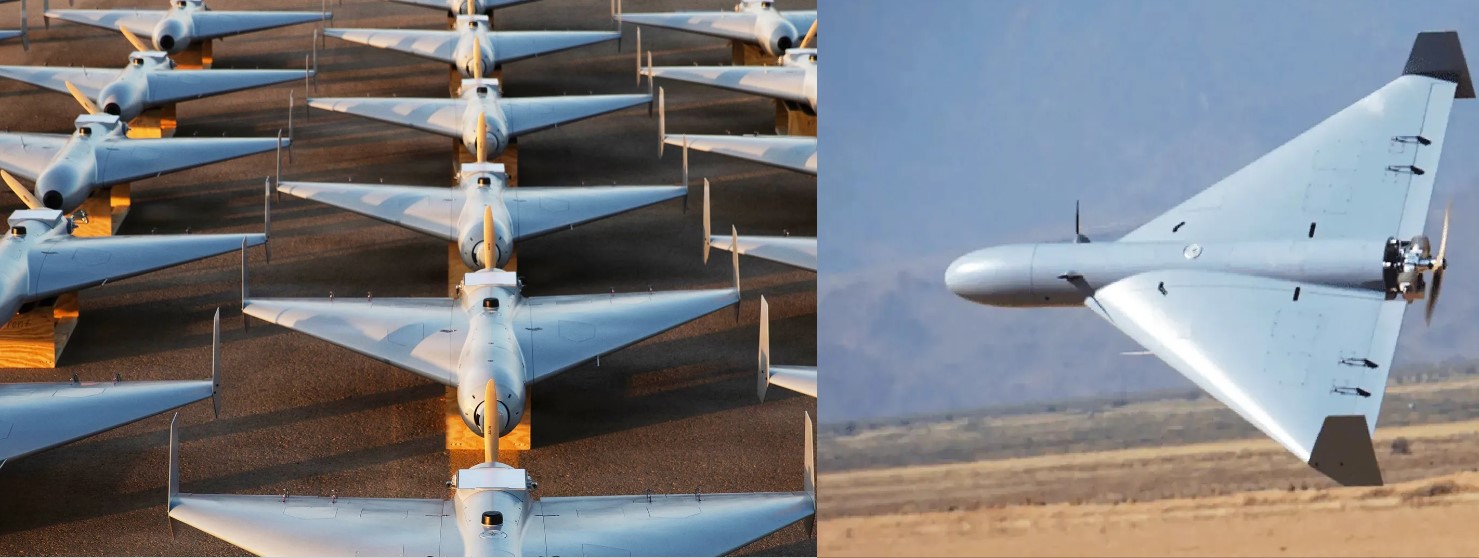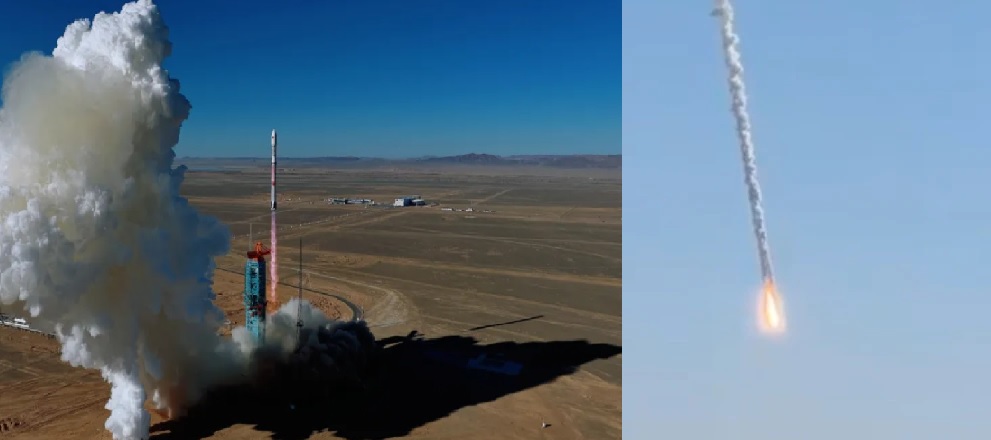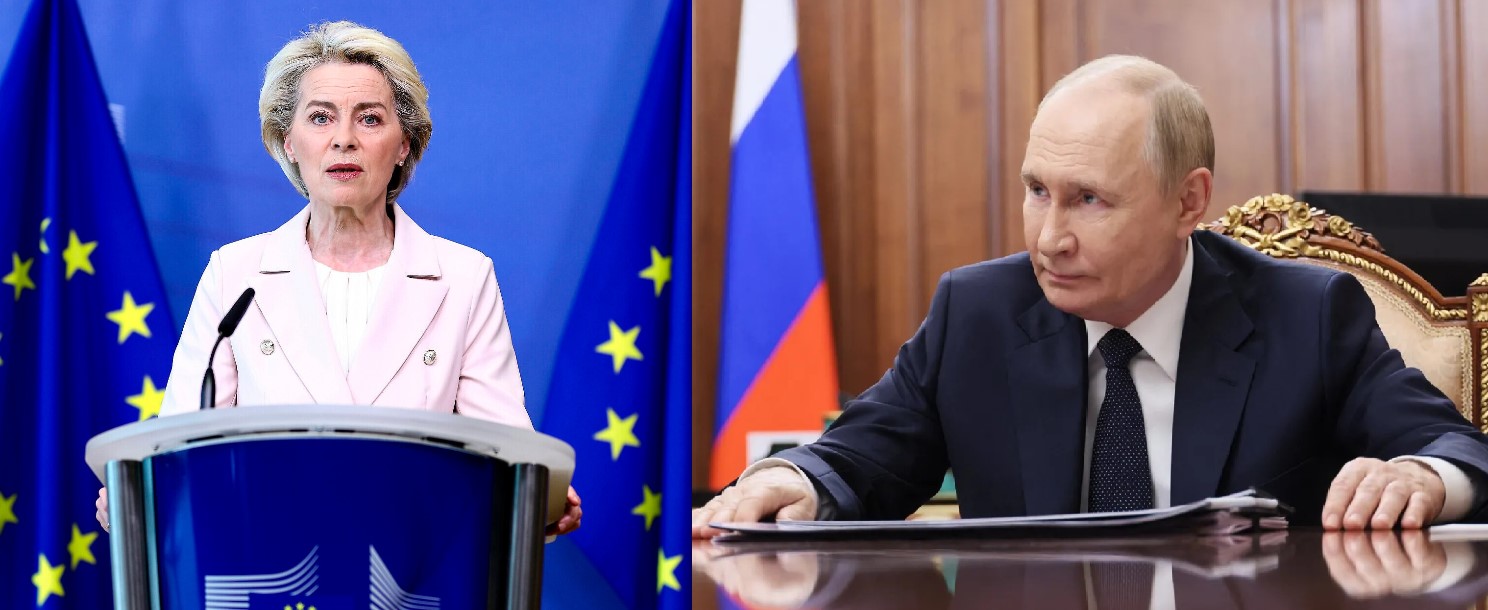Indian Astronaut Subhanshu Shukla Returns to Earth After Historic 18-Day ISS Mission

In a landmark achievement for India’s space journey, Group Captain Subhanshu Shukla and three international astronauts have safely returned to Earth after completing an 18-day mission aboard the International Space Station (ISS). Their SpaceX Crew Dragon capsule “Grace” made a smooth splashdown in the Pacific Ocean off the coast of Southern California at 3:01 PM IST on July 15, 2025, marking the successful end of the Axiom-4 mission.
A Triumphant Return to Earth
Moments after the splashdown, rescue teams reached the capsule by sea and air. Subhanshu Shukla, emerging from the spacecraft at approximately 3:35 PM IST, smiled and waved at the cameras, visibly healthy and proud. Medical teams conducted routine checks to ensure the wellbeing of all four astronauts, who were then ferried to the recovery vessel.
India’s Defence Minister Rajnath Singh congratulated the IAF officer, stating:
“A proud moment for India… He lifted the nation’s aspirations to new heights.”
Mission Timeline: From Launch to Splashdown
-
June 25, 2025: The Dragon spacecraft launched from Kennedy Space Center in Florida with four astronauts on board.
-
June 26: Docked with the ISS, beginning an 18-day stay focused on scientific experiments and international collaboration.
-
July 14, 4:45 PM IST: The spacecraft undocked from the ISS, initiating its return to Earth.
-
July 15, 2:07 PM IST: Performed a de-orbit burn to begin controlled re-entry.
-
July 15, 3:01 PM IST: Safely splashed down in the Pacific Ocean, near San Diego.
The International Crew of Axiom-4
-
Peggy Whitson (USA) – Mission Commander, a record-setting NASA astronaut.
-
Subhanshu Shukla (India) – Indian Air Force test pilot, second Indian ever in space.
-
Slawosz Uznanski-Wiśniewski (Poland) – Mission Specialist.
-
Tibor Kapu (Hungary) – Mission Specialist.
All astronauts were part of the privately organized Axiom-4 mission, which carried out more than 60 scientific experiments aboard the ISS. These included studies on human physiology in microgravity, materials science, and biological systems, in addition to educational outreach activities.
A New Chapter in India’s Space Journey
Subhanshu Shukla’s journey marks a pivotal milestone, as he became the first Indian astronaut to visit the ISS and the second Indian in space, after Rakesh Sharma’s mission in 1984. His participation comes ahead of India’s upcoming Gaganyaan crewed spaceflight mission, for which he is widely expected to be a leading candidate.
Prime Minister Narendra Modi, in a congratulatory message, said:
“Subhanshu has inspired a billion dreams. This mission strengthens India’s commitment to human spaceflight and international collaboration.”
Post-Mission Plans and Recovery
Following the successful splashdown, the crew was flown to Houston, Texas, for medical monitoring and rehabilitation. Shukla will remain under observation for about a week before returning to India around August 17, where a formal debrief with ISRO and IAF officials is expected.
In Houston, Shukla will also hand over over 580 pounds of experiment samples and data, collected during the mission, for further analysis and global scientific research.
Subhanshu Shukla’s return from space marks more than just the end of a mission—it is the beginning of India’s deeper role in global human spaceflight. From the pride on his face during splashdown to the outpouring of national admiration, this moment symbolizes India’s rising stature in space exploration.
With Gaganyaan on the horizon and Shukla as a national symbol of aspiration, India is no longer just watching from Earth—it’s now a part of the stars.
✍️ This article is written by the team of The Defense News.






